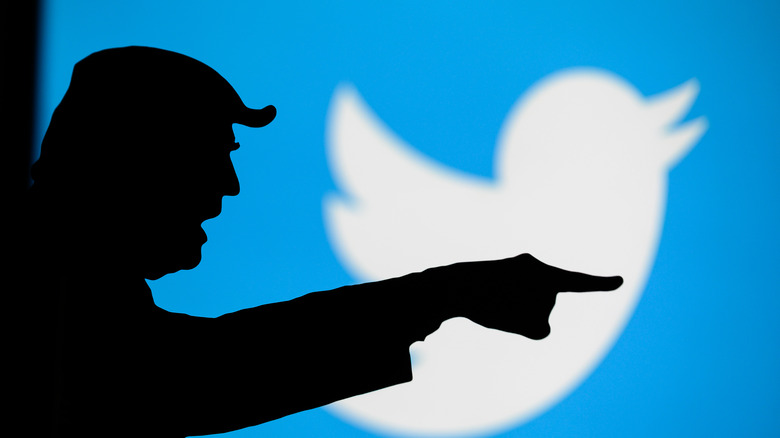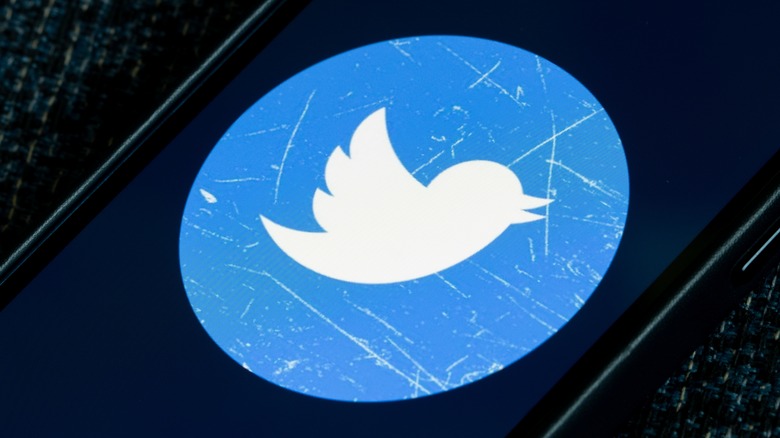Study Says Majority Of Users Don't Care About Politics On Twitter
Twitter has garnered itself a reputation as a political megaphone, but it appears that not all Twitter users are there for heated political blabbering. According to collaborative research courtesy of the University of California, Davis, and New York University, a majority of Americans don't follow "elite" politicians in positions of power or even news media or journalists catering to such debate. Published in Science Advances, the study found that of the 1.5 million sampled accounts, nearly 60% don't follow a political figure or politics-adjacent accounts.
In comparison, just over 70% of the sampled Twitter accounts follow celebrities like musician Katy Perry, influencer Kim Kardashian, basketball star LeBron James, and actor Tom Hanks. Moreover, 40% of the surveyed accounts followed only one political handle, while a small share of around 23% followed three or more profiles belonging to political influencers. However, in the small circle of Twitter users that follow political accounts, the rate of engagement is quite high and lends support to the social media echo chamber theory.
Unsurprisingly, accounts belonging to the users' same ideological group are followed at higher rates of 90% compared to those belonging to a different group at just 10%. The study also highlights that biases dictate engagement behavior. For example, when engaging with tweets from accounts with a different political ideology, negative comments are prevalent. Furthermore, the study claims conservatives are twice as likely to do that compared to liberals.
The smaller group chirps louder
The latest study falls in line with recent Pew research, which notes that "a vast majority of these political tweets are produced by a minority of users." In addition, Americans that are 50 years of age or older account only for a quarter of Twitter's U.S. user base, but they contribute an overwhelming 78% of political tweets. Just like the UC Davis research discussed, Pew's research also found that this "politically hyperactive" user base on Twitter is more likely (at 45%) to follow accounts belonging to their own ideology than those from the other side of the camp.
Additionally, over a third of all tweets produced by Twitter users are political in nature. A more expansive Stanford study from 2021 — which analyzed political parties in seven countries and assessed over 6 million articles shared in the U.S. — pointed out that Twitter's own algorithm amplifies the tweets and news sources aligning with right-wing political ideology. Even Twitter's own research published last year arrived at a similar conclusion.
As for the negative reactions to opposing political beliefs highlighted by the Science Advances study, another one published in Social Psychological and Personality Science observed that political chatter has only grown meaner on Twitter. But that toxicity is not solely the doing of the average citizen. On the contrary, the study found that "incivility" in tweets posted by members of Congress has grown significantly within the decade.

